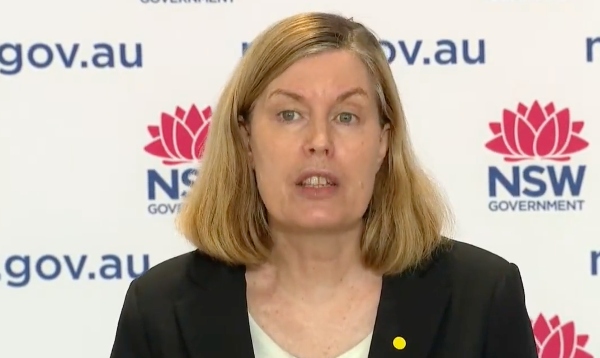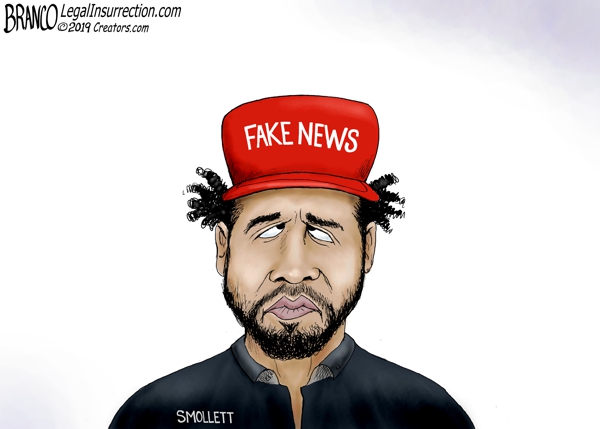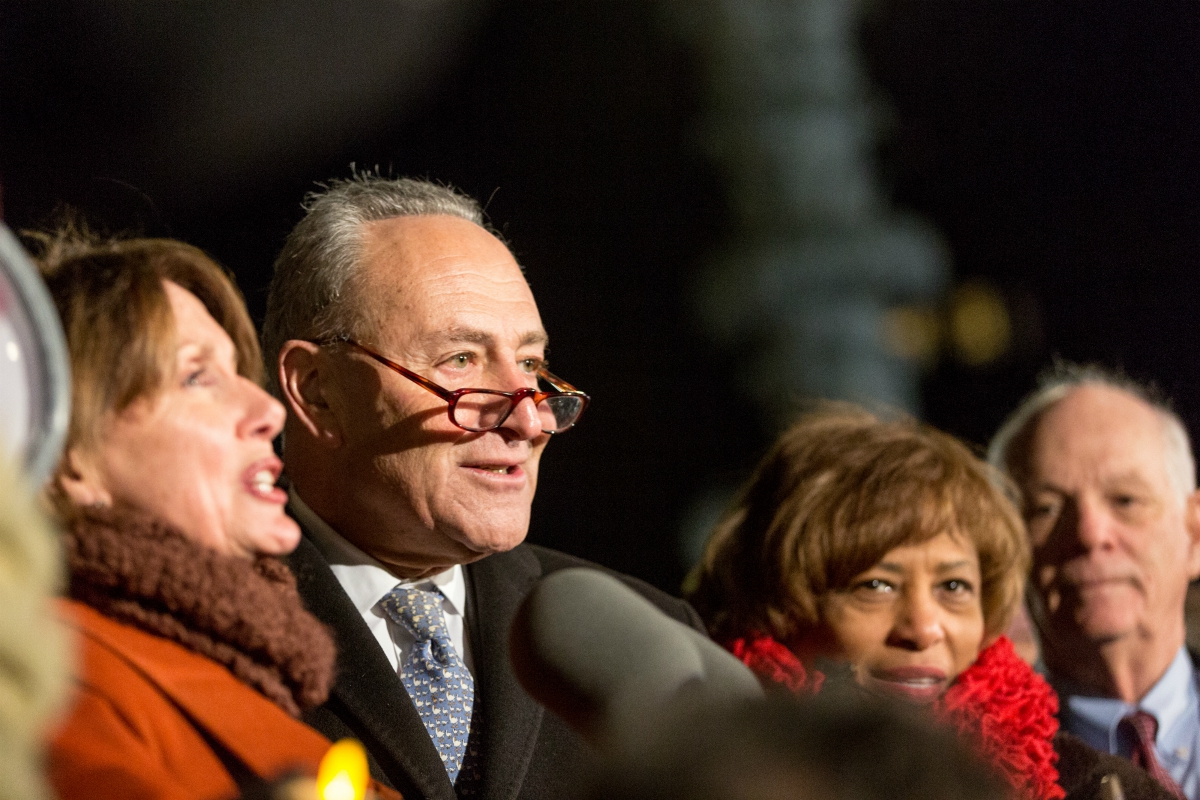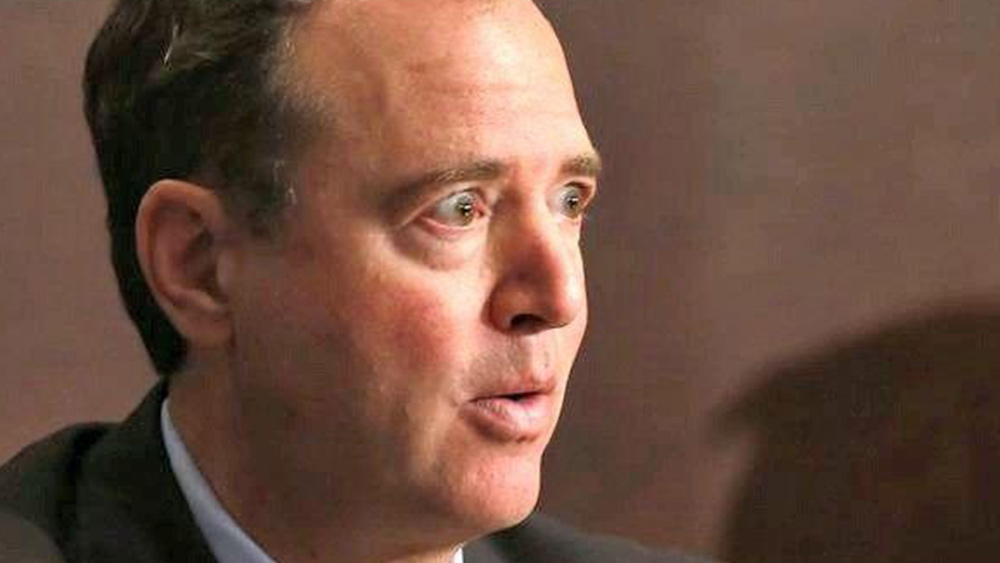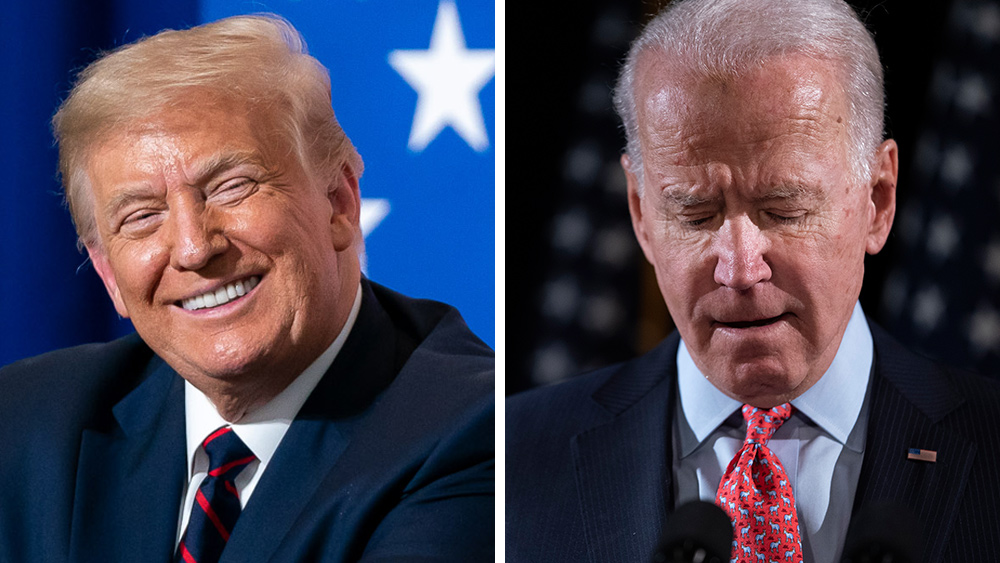Pandora Papers expose offshore financial data of global bigwigs
10/07/2021 / By Ramon Tomey
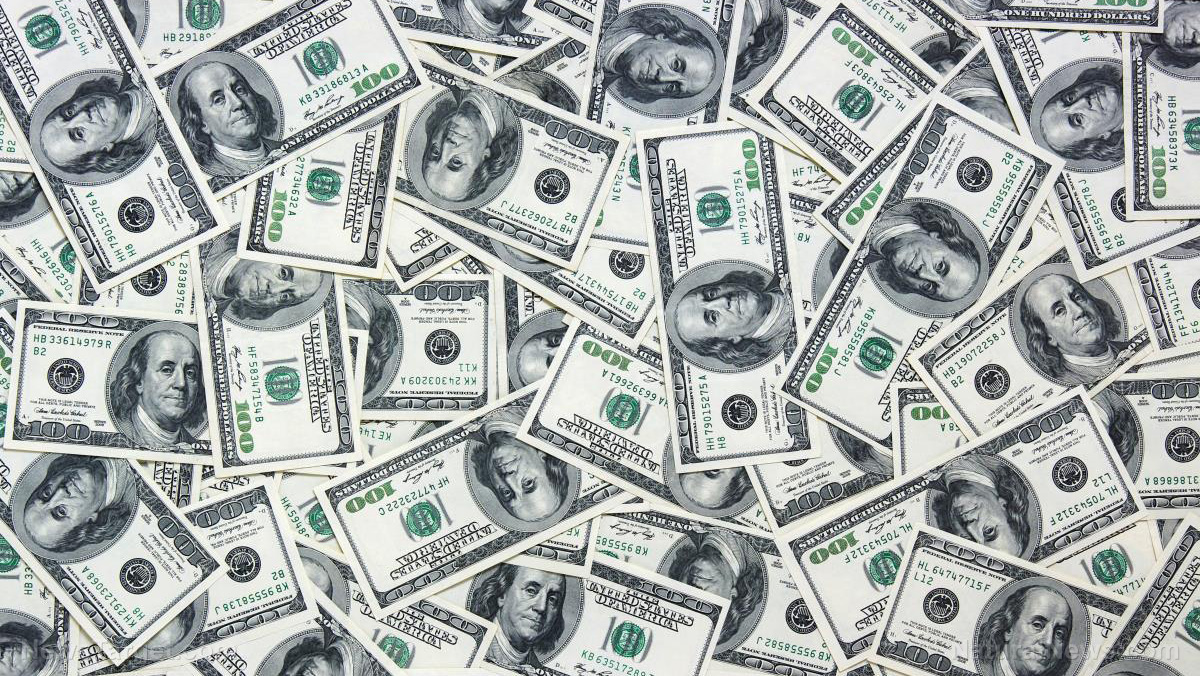
A stash of leaked documents has shone a light on the hidden assets of personalities around the world. The so-called Pandora Papers, amounting to 11.9 million files, reveal how the world’s richest and most powerful manage to redirect their wealth away from government taxation.
Editor’s note: This document release appears to be a construct of the U.S. deep state, targeting its enemies around the world. Notably absent from the documents are details of any U.S. politically-connected elitists and their offshore money trails. The source of these documents also appear related to government-conducted cyber intrusions into accounting firms, so keep all this in mind as you ponder this story.
Huge amounts of this wealth have ended up in offshore structures and trusts in tax havens such as Panama, Monaco, Switzerland and the Cayman Islands.
The Washington, D.C.-based International Consortium of Investigative Journalists (ICIJ) first published the papers on Oct. 3, 2021 after receiving them from a whistleblower. It then shared the documents to different media outlets worldwide on the same day, with more than 600 journalists scrutinizing the files.
An Oct. 3 ICIJ statement described the leak as laying bare “the global entanglement of political power and secretive offshore finance.”
The papers feature celebrities, music personalities and business leaders alongside more than 100 billionaires. The leaked documents also mention 35 incumbent and former leaders of different countries. More than 300 other public officials in 90 countries – such as government ministers, judges, mayors and military generals – are also named.
Middle East
The documents reveal that King Abdullah II of Jordan owns a secret property empire worth $100 million. From 1995 to 2017, advisers to the monarch set up more than 30 shell companies to buy 14 homes in both the U.S. and the U.K. The Jordanian king has denied any impropriety in his purchase of the properties.
Lebanese Prime Minister Najib Mikati is also named in the documents. In 2008, the billionaire leader used a Panama-based offshore company he owned to buy property in Monaco worth more than $10 million. The papers also reveal that the Lebanese leader’s son, Maher Mikati, serves as director of at least two companies based in the British Virgin Islands (BVI). The younger Mikati has since shot down allegations of tax evasion.
Europe
The Pandora Papers have also exposed two leaders in Europe. Andrej Babis, the Czech Republic’s prime minister, has used an offshore investment firm in 2009 to purchase a $22 million property in France. The Czech leader has denied any wrongdoing, instead alleging that the report seeks to tarnish his reputation ahead of the country’s parliamentary elections.
Milo Djukanovic, the president of Montenegro, is also mentioned in the documents. According to the stash, the Montenegrin leader and his son allegedly established a trust in 2012 and concealed their wealth in several companies. While the prime minister’s office has confirmed the establishment of the business trust, it has also clarified that it was set up before the elder Djukanovic assumed the premiership and there had been no business transactions during his tenure.
South America
According to the documents, Chilean President Sebastian Pinera used shell companies in the BVI for the 2010 sale of the Dominga mining project. The sale would not have been completed a year later had Pinera declared the project’s location in Chile a protected nature reserve. A statement from Pinera’s office claims that the incumbent president has no involvement in the sale and adds that a blind trust now manages his holdings.
The Pandora Papers also allege that Brazilian Minister of the Economy Paulo Guedes has huge investments in BVI-based firm Dreadnoughts International. In a statement, Guedes says he “has dissociated himself from all his activities in the private market” since assuming the government position. The statement adds: “His actions have always respected the applicable legislation and have been guided by ethics and responsibility.”
The latest offshore leaks are “Panama Papers on steroids”
The Pandora Papers serve as the latest and the largest financial data leak to hit the offshore tax economy since 2013. They follow the 2016 Panama Papers, which revealed how the world’s richest individuals manage to conceal their wealth and avoid paying taxes.
While the use of offshore companies to bypass taxes is a legal activity, it costs governments billions in lost tax revenue. (Related: Apple avoided billions in taxes with offshore tax haven after Irish reprimand, according to newly released “Paradise Papers”.)
According to ICIJ Director Gerard Ryle, leading politicians around the world with investments in offshore tax havens have a stake in the status quo. He adds that they are likely to block any efforts in reforming the offshore economy. “When you have world leaders, politicians [and] public officials all using the secrecy of the offshore world, then I don’t think we’re going to see an end to it,” Ryle says.
The ICIJ director is expecting the Pandora Papers to have a greater impact than earlier leaks. Ryle notes that the latest leaks come in the middle of the Wuhan coronavirus (COVID-19) pandemic that has seen inequalities worsen and has forced governments to borrow huge amounts of money at the expense of ordinary taxpayers.
“This is the Panama Papers on steroids. It’s broader, richer and has more detail,” Ryle describes the latest stash. (Related: Panama Papers hack was a U.S. operation: Notice how no U.S. names appear in the list?)
Corruption.news has more articles about the Pandora Papers and the offshore economy.
Sources include:
Tagged Under: big government, conspiracy, corruption, deception, document leak, financial information, government taxation, offshore economy, offshore firms, offshore trusts, Pandora Papers, shell companies, Tax Evasion, tax havens
RECENT NEWS & ARTICLES
COPYRIGHT © 2017 CONSPIRACY NEWS


